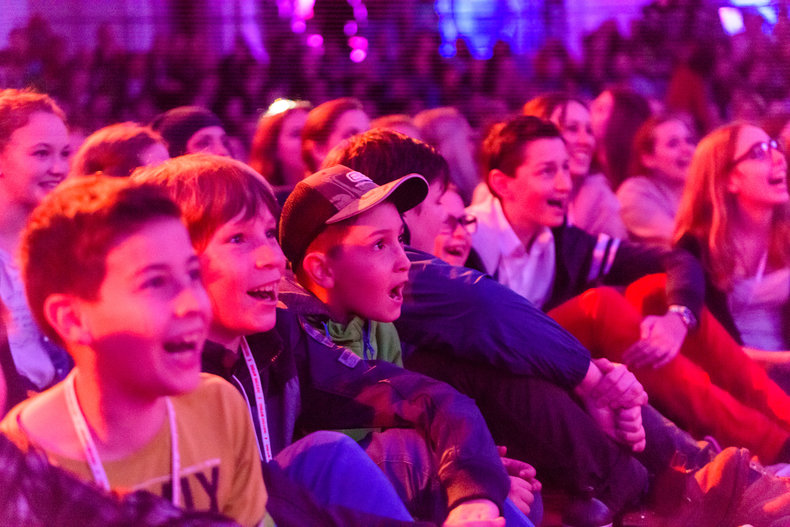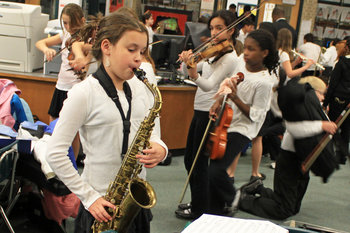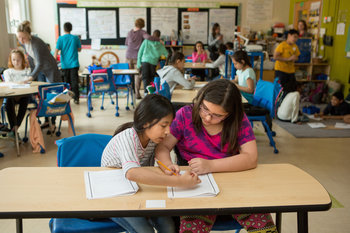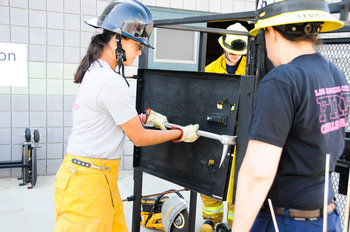|
| |
School engagement is the participation, attention, optimism and interest that a student demonstrates towards school life, school culture and academics. This is independent of academic results whereby a student with high engagement doesn't necessarily have high academic performance and vice versa. Likewise, some students will have high engagement with school life and culture but not with the academic aspects of school. The following are illustrative examples of school engagement.Asks Questions in Class | Attention / Listening | Completing Homework | Conformance to School / Classroom Norms | Demonstrates Effort | Demonstrates Resilience / Bounces Back From Setbacks | Demonstrates Respect For Others | Emotional Involvement in School | Enjoys Recess / Breaks | Extracurricular Activities | Feels Safe at School | Feels Socially Included at School | Following Rules | High Attendance | Identifies With School | Interest in the Culture and History of a School | Leading / Participating in Group Assignments | Likes Being at School | Motivated to Improve | Motivation to Learn | Motivation to Socialize / Make Friends At School | Observes Honor System | Optimistic About School | Participates in School Events | Participation in Gym Class / Music Class / Art Class | Participation in Student Activities | Participation in Team Sports | Positive View of School | Seeks Out Help / Engages Teachers | Sense That School is an Opportunity | Shows High Interest in a Subject Area / Multiple Subject Areas | Studying | Task Diligence | Use of School Resources (e.g. counseling) |
|
Type | | Definition | The participation, attention, optimism and interest that a student demonstrates towards school life, school culture and academics. | Related Concepts | |
School Culture
This is the complete list of articles we have written about school culture.
If you enjoyed this page, please consider bookmarking Simplicable.
© 2010-2023 Simplicable. All Rights Reserved. Reproduction of materials found on this site, in any form, without explicit permission is prohibited.
View credits & copyrights or citation information for this page.
|



























